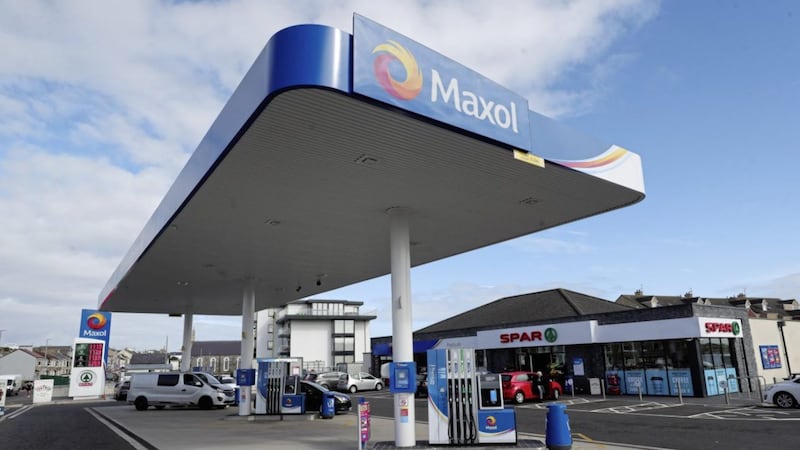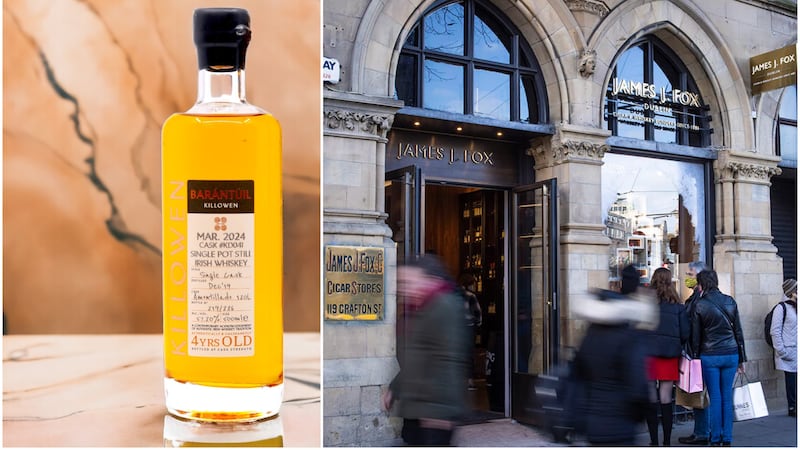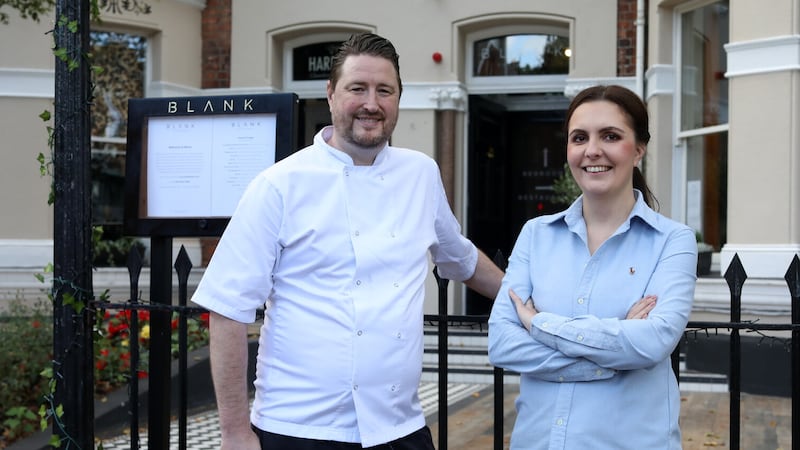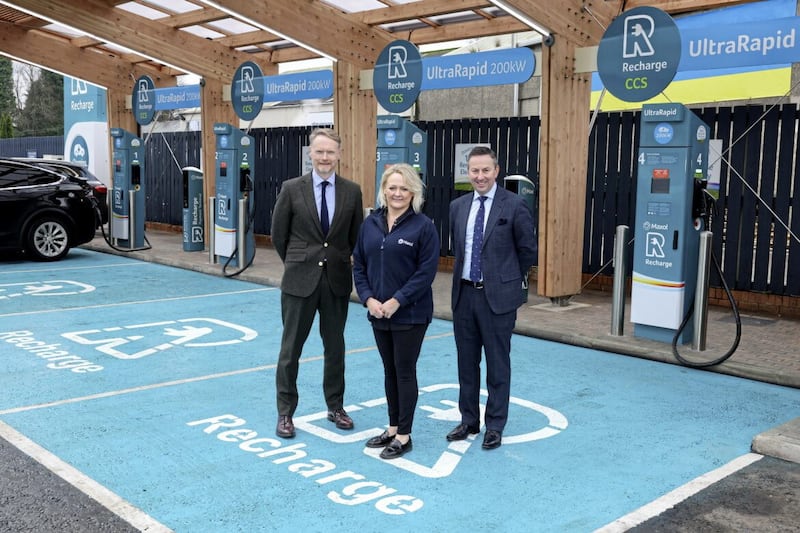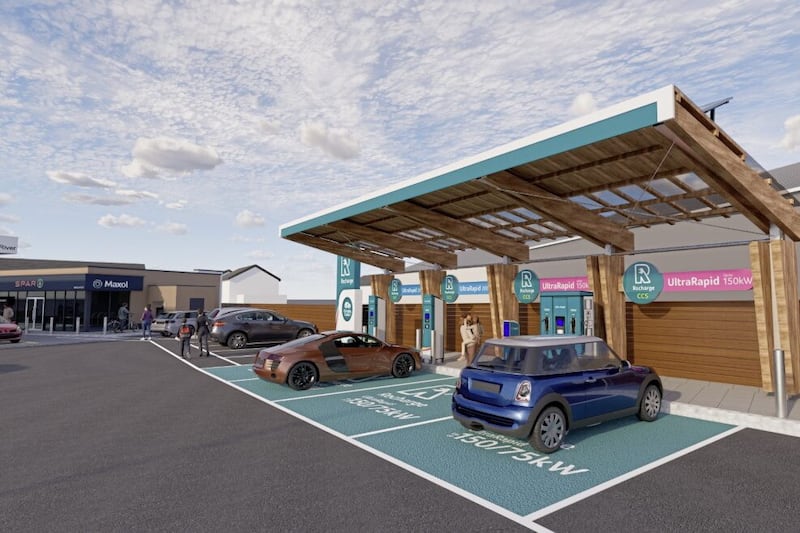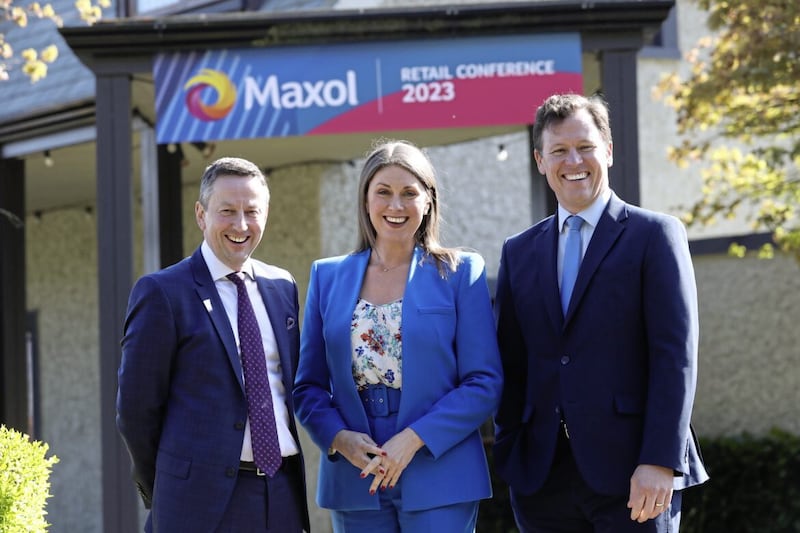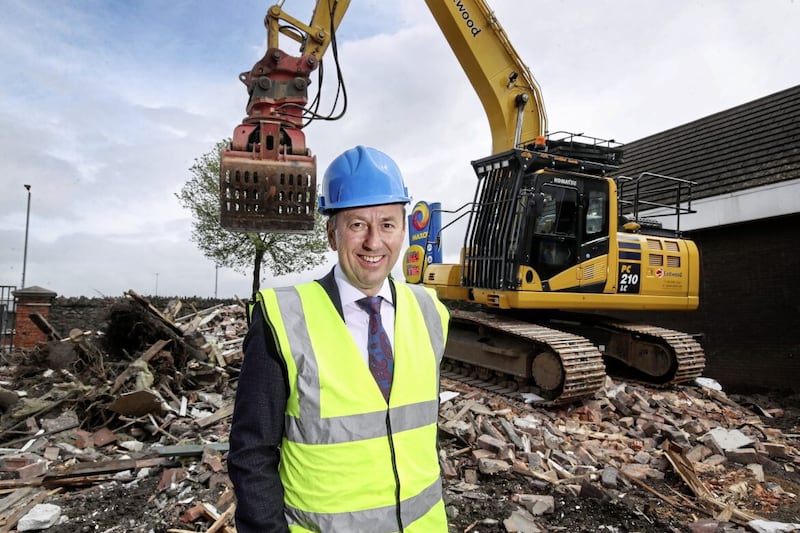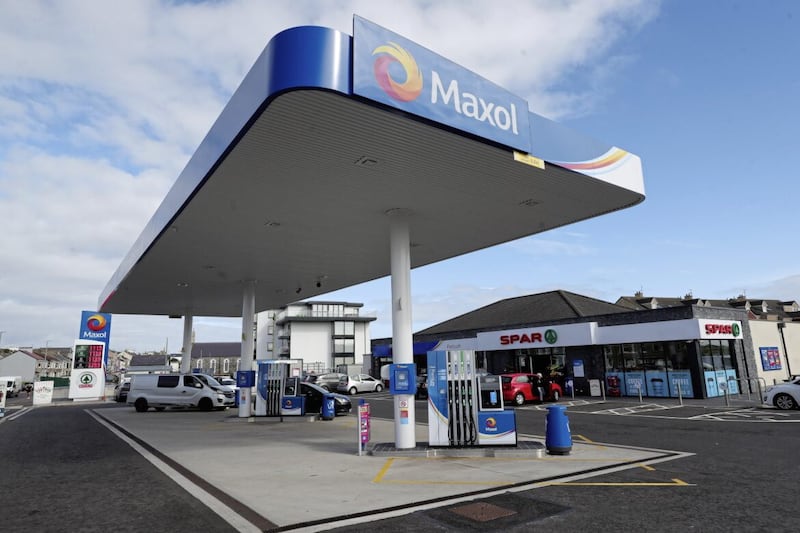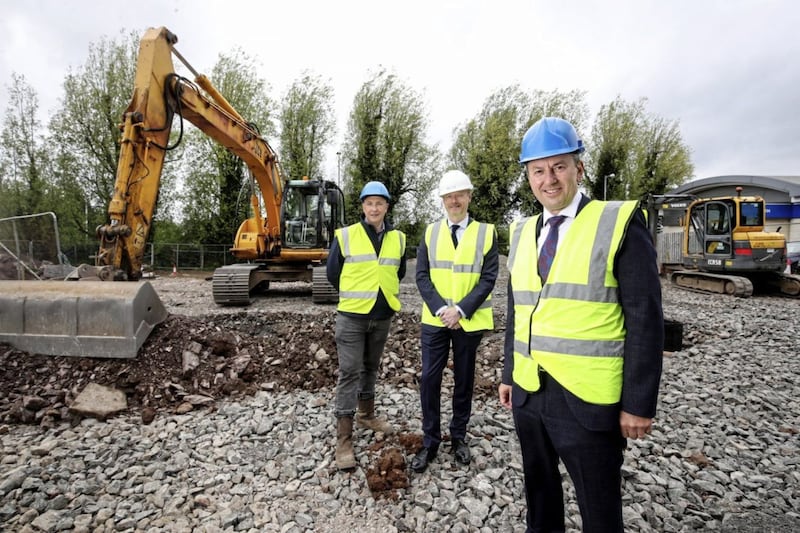FORECOURT retailer Maxol has set out plans to develop five key sites in Northern Ireland as part of its "electric vehicle revolution" and help on delivering on the Government’s commitment to net zero emissions by 2050.
The company will invest more than £5 million in developing high-speed EV charging hubs at its sites at Tannaghmore, Eglinton, Kinnegar in Holywood, Downpatrick and Belfast's Antrim Road.
These would have at least three 150kW chargers on site, and Maxol has already developed branding and a payment platform for them.
It follows a pilot project at Townparks in Antrim earlier this, where Maxol installed an 80kW charger.
Since then it has been working with the Electric Vehicle Association NI to look at how it further develops the service and how it finds the best equipment in terms of reliability and speed of charge.
But Maxol's chief executive Brian Donaldson is also calling for a united approach and collaboration between Stormont and stakeholders like Power NI to establish the right solution around capacity and access to the grid.
Speaking to the Irish News, he said: “At the moment were are working with CBI, the Infrastructure and Economy departments, utilities and car dealerships, because this will have a pivotal change on how we as a company transition to electrification and other forms of mobility.
“We are collaborating to make sure we are taking the lead in developing a blueprint and plan of action that is delivering an EVcharging infrastructure, and that we're not over-promising and under-delivering.
“At the five locations we've earmarked, we're working closely with Power NI to establish if there is sufficient capacity in the grid to service the growing EV market and, if not, how do we go about getting that additional capacity and who funds the investment of the trunking and the cabling, getting the power to the sites.
“Our view is that government should be funding the investment in the grid and access to the grid at those locations, whether our sites or others.
“We as a private company are very happy to then invest in the equipment, maintaining the service and in a payments platform.”
Mr Donaldson was speaking as the company revealed it had made an overall profit before exceptionals of £14.45 million last year, a drop of 7.5 per cent on the previous year's figure.
This came as turnover fell back by 23 per cent to £427 million, which he said was "still a reasonably solid performance given the impact of the pandemic on our business".
The lockdowns across Ireland had resulted in a 70 per cent drop in demand for fuel at the start of the pandemic, though that demand is now back to 95pc of pre-pandemic levels. Turnover at Maxol is now split almost evenly between food and fuel.
“The first five months of our trading year were tough, but we're expecting an improved performance, helped by very tight controls on overheads,” he said.
Mr Donaldson added: “Maxol's EV strategy has been under development for a number of year, but now we're going to lay down much bigger investment as the country gradually becomes less dependent on liquid fuels.
“The business case still isn't there, because there are insufficient EVs in the market at this stage. But between starting to look for planning and getting access to the grid at the right locations, it might be anything up to 24 months before we can offer the service. That's why we're planning early.
“We're looking to have a mosaic of energies. We're still going to have petrol and diesel, probably more an element of bio-fuel and advanced technology fuels that are being developed, also electric chargers on sites.
“And within a period of time there'll be hydrogen on our forecourts too. This technology is eight or 10 years behind where it is on electrification, but people like Jo Bamford at Wrightbus see the advantages.”
